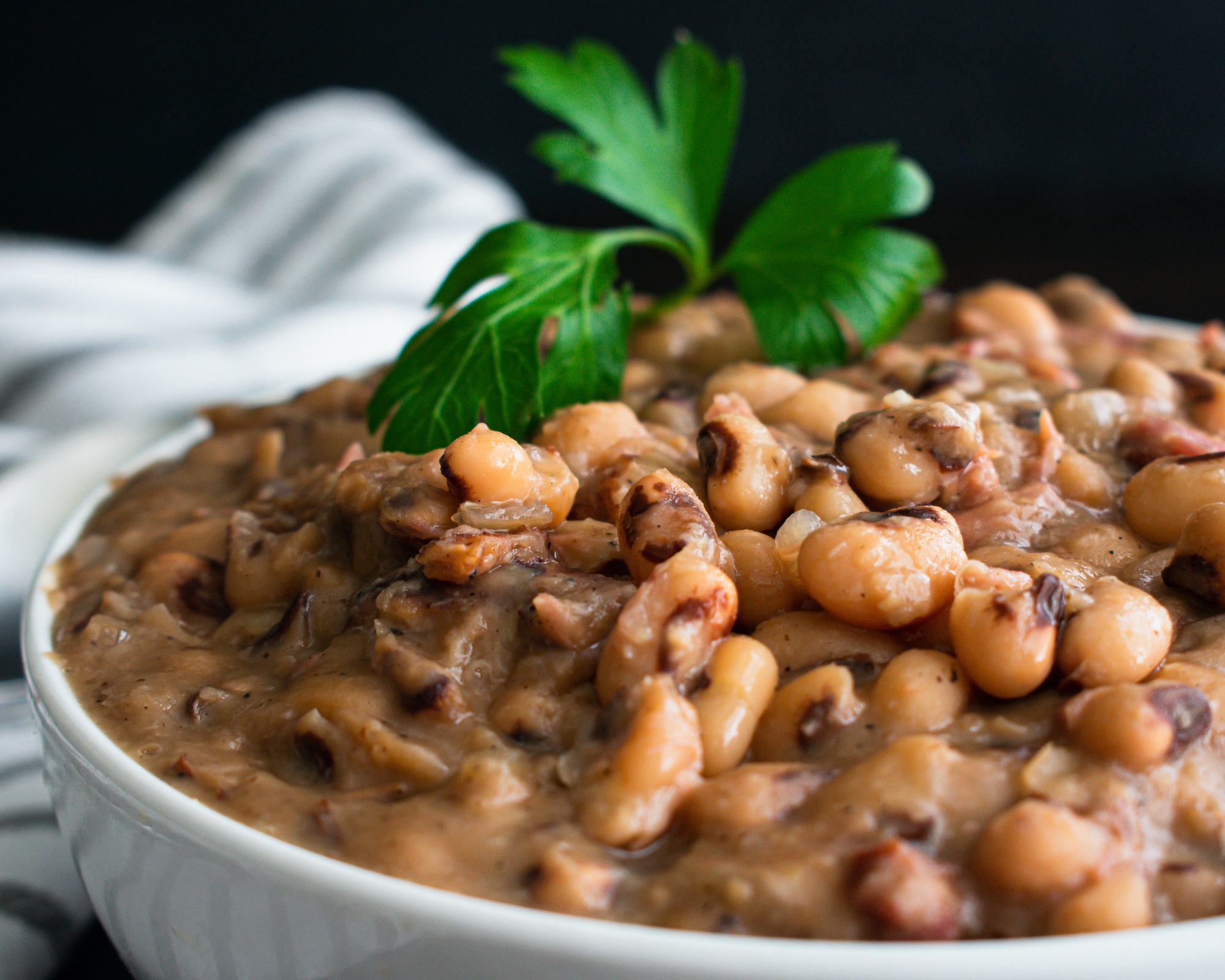Black-eyed peas, also known as cowpeas, are a versatile and nutritious legume that has been cultivated for centuries. These small, cream-colored beans with a distinctive black spot resemble the eye of a cow, hence their name. Black-eyed peas are not only a staple in many cuisines around the world but also offer a wide range of health benefits due to their rich nutritional profile. In this comprehensive guide, we will explore the nutrition facts, health benefits, and culinary uses of black-eyed peas.
Introduction to Black-Eyed Peas
Black-eyed peas are a type of legume belonging to the Vigna unguiculata species. They are native to Africa and have been an integral part of traditional diets in many African, Asian, and American cuisines. Black-eyed peas are prized for their versatility, mild flavor, and nutritional value, making them a popular ingredient in soups, stews, salads, and side dishes.
Nutrition Facts of Black-Eyed Peas
Black-eyed peas are packed with essential nutrients that contribute to overall health and well-being. Here are the nutrition facts for a one-cup (170g) serving of cooked black-eyed peas:
- Calories: Approximately 160 calories
- Protein: About 5 grams
- Carbohydrates: Around 35 grams
- Fiber: Roughly 8 grams
- Fat: Less than 1 gram
- Vitamins and Minerals: Black-eyed peas are rich in folate, iron, magnesium, potassium, and vitamin A, among other nutrients.
Health Benefits of Black-Eyed Peas
Rich in Protein:
Black-eyed peas are an excellent plant-based source of protein, making them a valuable addition to vegetarian and vegan diets. Protein is essential for building and repairing tissues, supporting muscle growth, and maintaining overall health.
High in Fiber:
Black-eyed peas are a good source of dietary fiber, which promotes digestive health, regulates blood sugar levels, and helps lower cholesterol levels. A diet high in fiber can also aid in weight management and reduce the risk of chronic diseases such as heart disease and diabetes.
Heart Health:
The high fiber and potassium content of black-eyed peas can support heart health by lowering blood pressure, reducing inflammation, and improving cholesterol levels. Additionally, the folate and magnesium in black-eyed peas play a role in cardiovascular function and may help prevent heart disease.
Blood Sugar Control:
The complex carbohydrates and fiber found in black-eyed peas can help stabilize blood sugar levels and prevent spikes and crashes in energy. This makes black-eyed peas a suitable food choice for individuals with diabetes or those looking to manage their blood sugar levels.
Weight Management:
Due to their low calorie and fat content, combined with their high fiber and protein content, black-eyed peas can help promote feelings of fullness and satiety, making them an excellent addition to weight loss or weight management diets.
Antioxidant Properties:
Black-eyed peas contain antioxidants such as vitamin A, vitamin C, and phytochemicals like flavonoids and polyphenols, which help neutralize harmful free radicals in the body and protect against oxidative stress and chronic diseases.
Culinary Uses of Black-Eyed Peas
Black-eyed peas are incredibly versatile and can be used in a variety of culinary applications. Here are some popular ways to enjoy black-eyed peas:
Soups and Stews
Black-eyed peas are commonly used in hearty soups and stews, adding texture, flavor, and nutritional value to the dish.
Salads
Cooked black-eyed peas can be added to salads for a protein and fiber boost, providing a satisfying and nutritious addition to leafy greens and vegetables.
Side Dishes
Black-eyed peas can be seasoned and served as a flavorful side dish alongside rice, grains, or roasted vegetables.
Dips and Spreads
Black-eyed peas can be blended into creamy dips and spreads, such as hummus or bean dip, for a tasty and nutritious snack.
Conclusion
In conclusion, black-eyed peas are a nutritious and versatile legume that offers a wide range of health benefits. From their high protein and fiber content to their rich array of vitamins, minerals, and antioxidants, black-eyed peas are a valuable addition to any diet. Whether enjoyed in soups, salads, side dishes, or dips, black-eyed peas are a delicious and nutritious ingredient that can support overall health and well-being. Incorporating black-eyed peas into your meals regularly can contribute to a balanced diet and promote optimal health for years to come.
- Exploring the Top CBD Edibles A Comprehensive Review By Vapes Super Store - April 9, 2024
- Benefits of Cranberry Supplements - April 2, 2024
- Benefits of Collagen Supplements - April 2, 2024

